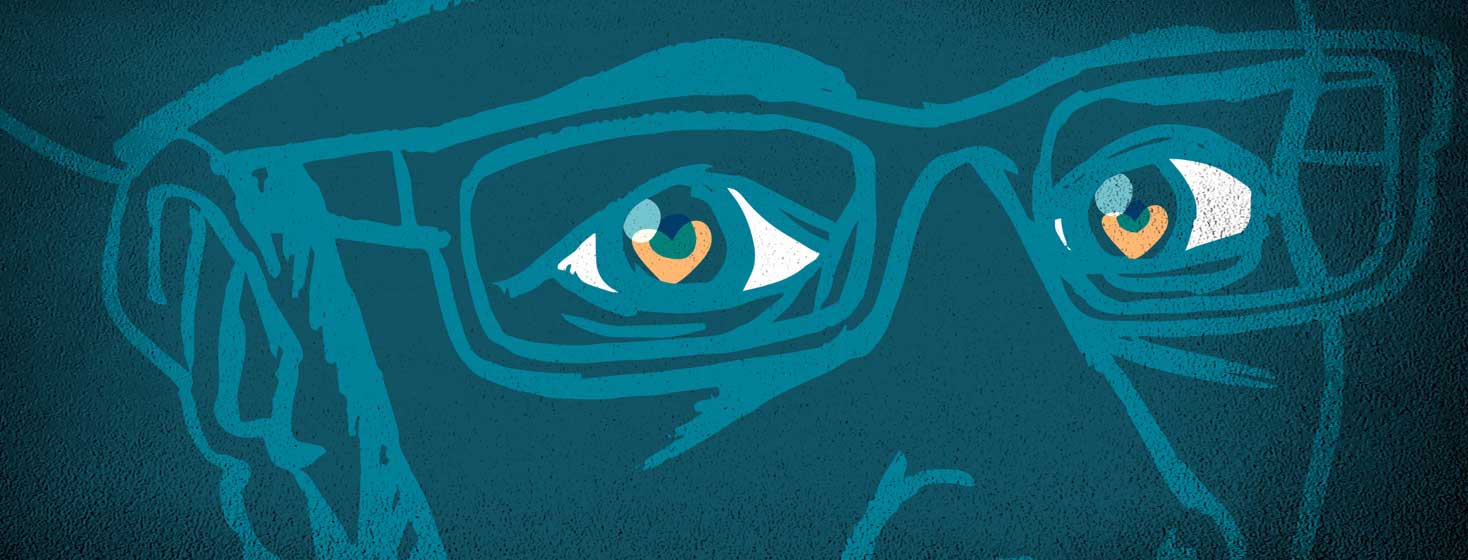Heart Issues and Prostate Cancer
I am reading the paper one morning when suddenly I am looking through what appears to be a small piece of orange glass in the corner of my eye. Blinking the right eye did nothing but the spot suddenly disappeared within a minute.
Results from a comprehensive eye exam
A comprehensive eye exam the next day revealed that the issue did not start in the eye. The culprit was piece of a blood clot that potentially may have come from in my heart or an artery. The next step was to undergo brain and neck scans to see if a hemorrhage or if the source of the clots could be found. Finally, it was off to the cardiologist for a 24 hour a day heart monitor and a scan to see what might be going on.
Link between heart issues and ADT
So how does all of this relate to my prostate cancer, surgery, a 6-month ADT shot and radiation? Many American men living with advanced prostate cancer receive androgen deprivation therapy (ADT). While the treatment protocol is known to slow the spread of prostate cancer, it does not cure the disease. Men who are on extended ADT routinely lose muscle and bone mass. They also see an increase in cholesterol, gain weight, and experience a buildup of fat in their arteries. Over time the process can increase the risk for heart disease and more.1
They say that timing is everything in life and it just happened that in the middle of my cardio journey I had an opportunity to attend a presentation given by a cardio-oncologist who was speaking to a local prostate cancer support group.
What is cardio-oncology?
Cardio-oncology folks are heart specialists who see cancer survivors who have developed heart-related side effects as a result of radiation, ADT and more. If you are going to be on an extended program of ADT it might be wise to consider having a cardio-oncologist as part of your prostate cancer treatment team. Working together with a urologist and other specialists such as a team may just be able to offer a more customized approach to treating and controlling your prostate cancer and its many side effects.
A lifesaving “treatment” plan
The cardio-oncologist pointed out that while it is possible to prescribe a host of powerful drugs to lower blood pressure and reduce cholesterol in your bloodstream, his hands are tied because he cannot administer what has been proven to be the most powerful lifesaving “treatment” for any cancer patient.
What can help save lives, he noted, simply requires the focus and will power of the patient to do one or more of the following on a consistent basis:
- Lose weight
- Stop smoking
- Take 30 minutes every day to do some form of relaxation
- Do 30 minutes of some type of exercise 3-5 days a week
- Eat more fruits and vegetables
- Cut back or eliminate processed and red meats
- Eliminate sugar and throw away your saltshaker
Listen to early warning signs
Given I have had prostate cancer surgery, ADT and radiation, I figured my eye experience was an early warning sign and it was worth my time to follow the 7 suggestions. So far, no additional eye clots. Perhaps things are getting better without adding more drugs to my system.

Join the conversation